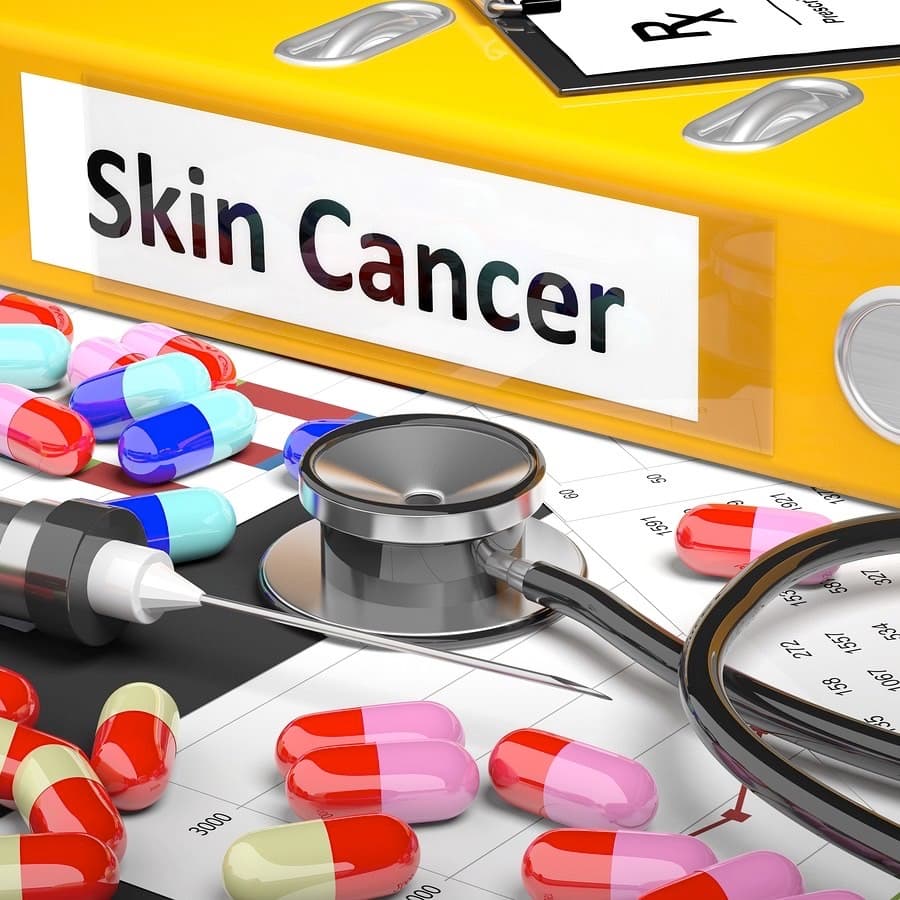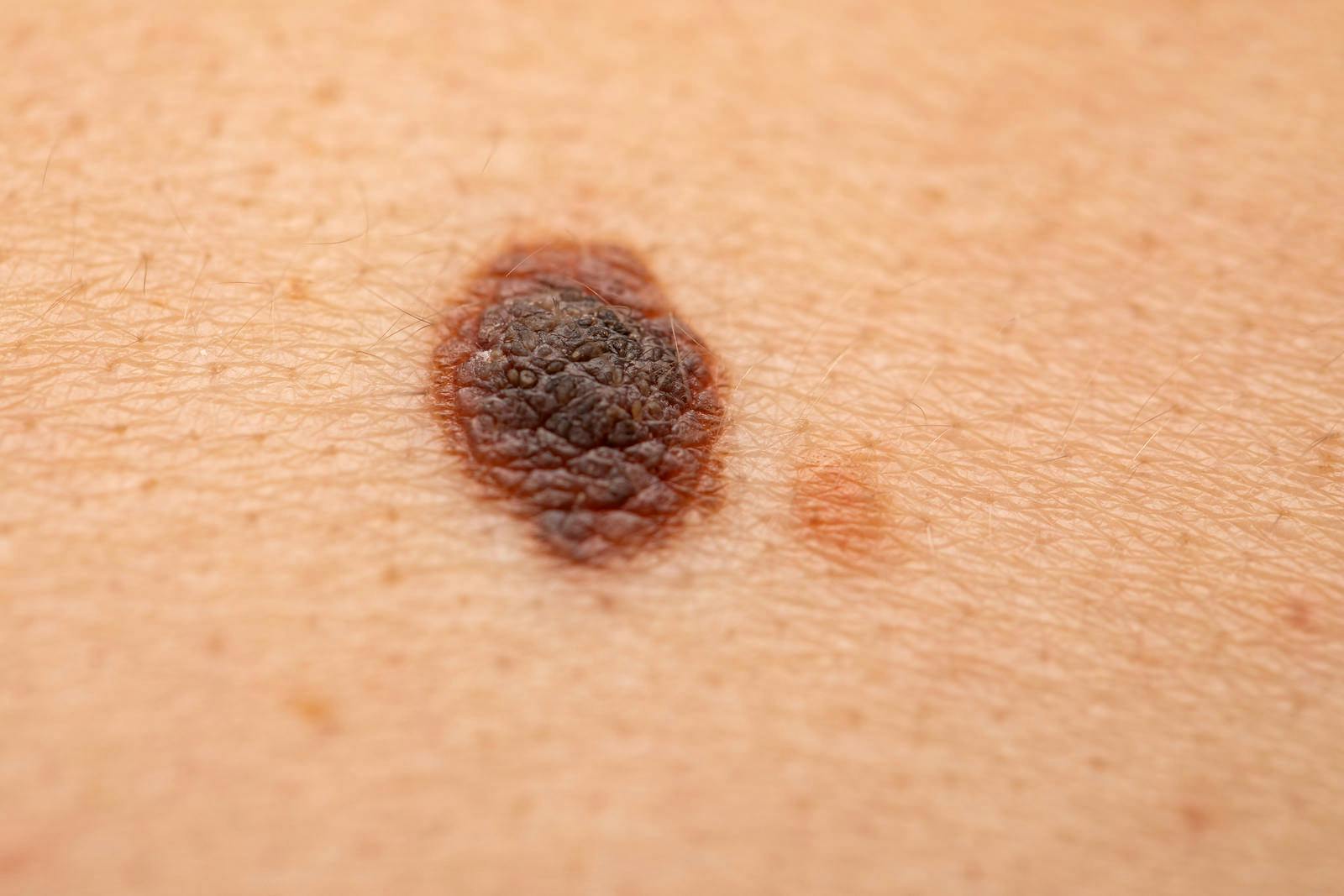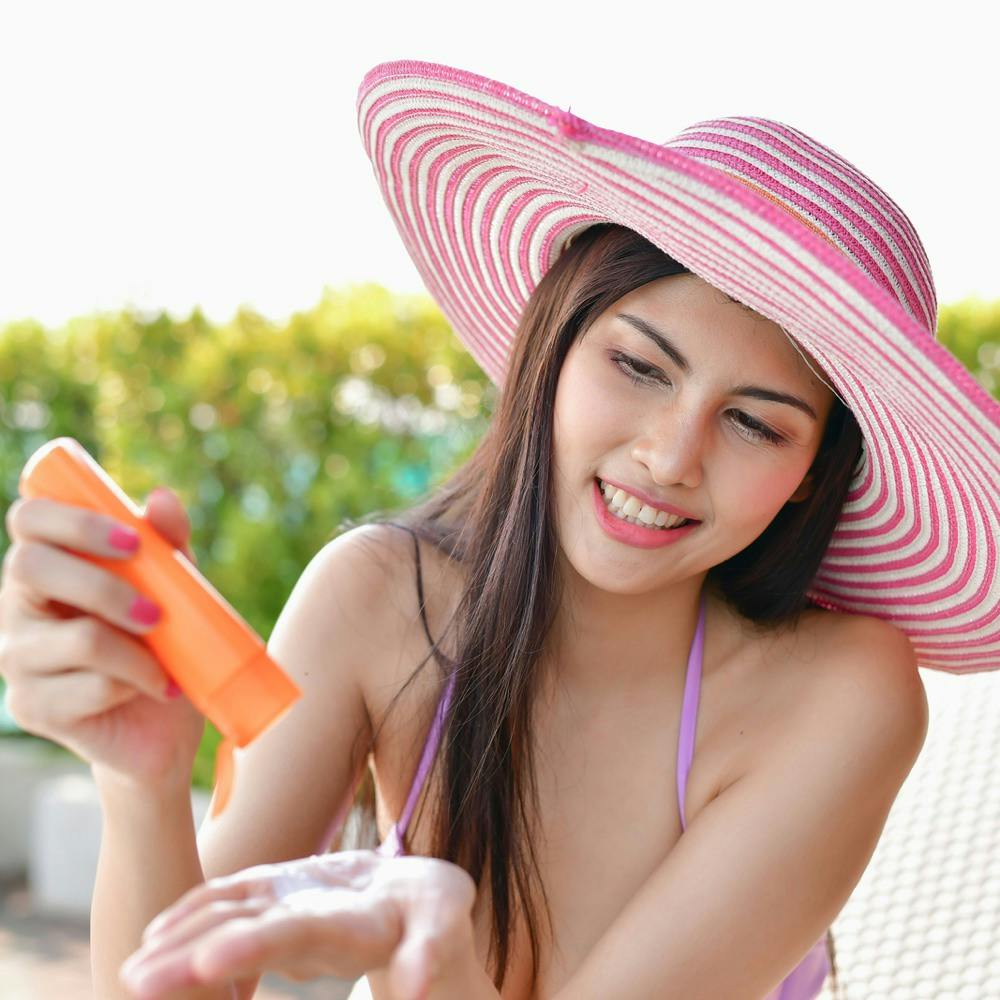Articles categorized as Skin Cancer
Will Your Indoor Tanning Addiction Lead to Melanoma?
Certain young women are devoted to indoor tanning even though they are aware it increases their risk of skin cancer and wrinkles.
How Can You Choose A Safe Sunscreen?
Most people assume they are using a safe sunscreen, The FDA lacks safety data. Do YOUR eyes glaze over when you read chemical ingredients?
Will Your Microbiome Save Your Life?
The gut microbiome has a significant impact on Parkinson disease and on the response to checkpoint inhibitor cancer drugs to treat melanoma.
Hydrochlorothiazide Side Effects: Skin Cancer and More!
Few health professionals think hydrochlorothiazide side effects are serious. But a Danish study links HCTZ with squamous cell skin cancer.
What Is the Link Between Sun Exposure and Melanoma?
The connection between sun exposure and melanoma is complex. Vitamin D supplements may help prevent this dangerous skin cancer.
Angry Doctor Insists HCTZ Is Safe!
Over 10 million people take hydrochlorothiazide for blood pressure. A doctor says HCTZ is safe! He's mad at us for describing side effects.
Does Sunscreen Prevent Skin Cancer? Dermatologist Is Irate!
Dermatologists always remind you to slather on the sunscreen. But is there a good answer to the question: Does sunscreen prevent skin cancer?
What Are the Risks of Sunscreen and Bug Repellent Together?
Applying sunscreen and bug repellent at the same time can increase your absorption of the ingredients, unless the repellent is picaridin.
Can You Find Non-Irritating Sunscreen?
In your search for non-irritating sunscreen, try one with zinc oxide or titanium dioxide. These mineral compounds block the rays physically.
JAMA Study Proves Sunscreens ARE Absorbed into Bloodstream
A second FDA-sponsored study reveals that many popular sunscreens are absorbed through the skin and get into the circulation. How worrisome is this finding?
Can You Avoid Skin Damage Without Sunscreen?
Are you concerned that sunscreen chemicals are absorbed into your body? Can you prevent skin damage without sunscreen or is that an impossible goal?
Popular Blood Pressure Pill Linked to Skin Cancer
Danish researchers have found that people taking the popular blood pressure pill hydrochlorothiazide are more likely to develop skin cancer.
How to Spot Melanoma Before It Causes Trouble
It is crucial to check all of your skin, not just your moles, on a regular basis to spot melanoma as soon as it appears.
Do Sunscreens Really Prevent Skin Cancer?
We've been told to use sunscreen conscientiously to prevent skin cancer. That is probably good advice, but the research is disappointingly sparse.
Skin Drug Price Hikes Are Just the Tip of the Iceberg
Dermatology drugs have increased in price an average 400 percent over the past six years, much above the rate of inflation elsewhere in the economy.















